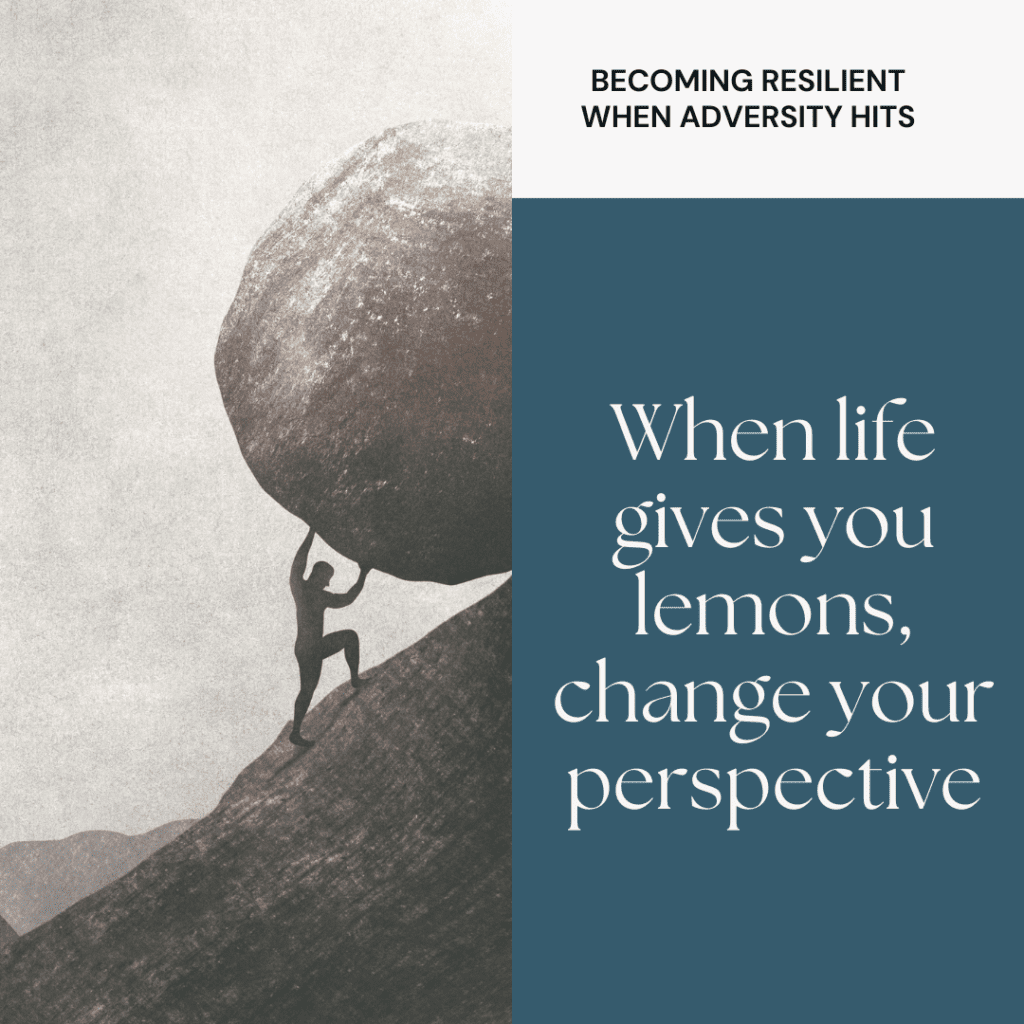Last Updated on October 8, 2023 by Subject Of Life
You know what they say, right? That what doesn’t kill you makes you stronger? Well, that’s all about the spice of life we call adversity. It might sneak up on us as a surprise setback, a tough challenge, or a loss. And yeah, it’s often about as welcome as a skunk at a lawn party. But let’s flip the script here.
Adversity might push us out of our cozy comfort zones, but it often gives us a serious growth spurt in the process. It’s like life’s personal trainer, helping us build our resilience muscles and learn a heap about ourselves and others along the way.
So, next time life decides to throw a curveball your way, remember it’s just an invite to step up to the plate and uncover the inner strength that’s been there all along.
Various Forms Of Adversity

Adversity is a bit like a chameleon, changing its colors to blend into our lives in unexpected and testing ways.
Maybe you’ve had a tough spell of money woes, battling health concerns, or weathering the painful storm of losing someone dear.
Or, perhaps it’s the invisible battles, like feeling alone in a crowd, wrestling with anxiety, or taking on the heavy mantle of depression.
Adversity means different things to different people, but one thing’s for sure – it has a way of taking us by surprise and challenging us in ways we never thought possible.
The Role Of Adversity In Shaping Character
Adversity can be seen as a test of character. It reveals our strengths and weaknesses, forcing us to confront them and make changes for the better.
As we face adversity, we are forced to tap into our inner strength and develop coping mechanisms that help us navigate through difficult situations.
Moreover, adversity allows us to gain a deeper understanding of ourselves and others. It teaches us empathy, compassion, and the importance of perseverance.
Adversity also helps us develop problem-solving skills and adaptability – valuable traits in both personal and professional lives.
The Role Of Resilience In Overcoming Adversity
Resilience is the ability to bounce back from difficult situations and adapt to change. It is a crucial factor in overcoming adversity, as it helps us keep moving forward despite setbacks.
Resilient individuals have a mindset of perseverance and the determination to not let their circumstances define them. They are able to find silver linings in tough situations and use their strengths to overcome challenges.
Building resilience is a continuous process and can be developed through self-care, seeking support from loved ones, and having a growth mindset. By cultivating resilience, we become better equipped to handle adversity in the future.
Examples Of Resilient Individuals And Communities In The Face Of Adversity
There are countless examples of individuals and communities who have shown remarkable resilience in the face of adversity. From survivors of natural disasters to those who have overcome personal tragedies, their stories serve as a reminder that adversity can be overcome.
One inspiring example is Malala Yousafzai, a young activist who was shot by the Taliban for advocating for girls’ education. Despite facing numerous challenges and threats, Malala remained resilient and continued to fight for her cause. She has since become a global symbol of courage and resilience.
Another example is the city of New Orleans, which faced devastation in 2005 due to Hurricane Katrina. Despite the destruction, its residents showed incredible resilience by rebuilding their homes and communities and supporting each other during difficult times.
How To Shift Your Mindset To One Of Resilience
If you crumble in the face of adversity, it’s time to shift your mind and become more resilient. Your mindset is where resilience is born and lives. Here are some tips on how to shift your mindset to one of resilience:
- Practice self-care: Taking care of your physical, emotional, and mental well-being is crucial for building resilience. Make sure to get enough rest, exercise regularly, and engage in activities that bring you joy.
- Build a support system: Having a strong network of friends, family, or mentors can provide emotional support during tough times. Surround yourself with positive and uplifting people who will encourage you to keep going.
- Say “Thanks!”: Think of gratitude as your personal happiness-booster rocket. Why not take a tiny pause each day to think about all the cool things in your life? Could be your super comfy bed, your favorite coffee mug, or even that perfectly ripe avocado you had for lunch. Giving a little nod of appreciation to the small things can lead to big positive vibes!
- Learn from failures: Resilient individuals see failures as learning experiences and use them to grow and improve. Instead of dwelling on your mistakes, look for valuable lessons that can help you in the future.
- Stay present: Focusing on the present moment can help you stay grounded and better manage difficult situations. Practice mindfulness techniques like deep breathing or meditation to help you stay in the present.
- Set realistic goals: Setting achievable goals can give you a sense of purpose and direction, which can help build resilience. Break down bigger goals into smaller, more manageable steps and celebrate each small victory along the way.
- Embrace change: Change is a constant in life, and learning to adapt to it can increase your resilience. Instead of fearing change, try to see it as an opportunity for growth and new experiences.
Related: 12 Affirmations To Cultivate Resilience In Your Mind
Emotional Regulation And Self-Awareness
In addition to the strategies mentioned above, emotional regulation and self-awareness are also key components of shifting your mindset to one of resilience. Being aware of your emotions and learning how to manage them can greatly impact your ability to bounce back from challenges.
Practicing self-awareness involves paying attention to your thoughts, feelings, and behaviors. This can help you identify patterns or triggers that may affect your resilience. For example, if you notice that you tend to have negative thoughts in a certain situation, you can work on reframing those thoughts into more positive ones.
Emotional regulation involves being able to recognize and control your emotions. This doesn’t mean suppressing or ignoring your emotions, but rather finding healthy ways to cope with them. Some strategies for emotional regulation include deep breathing, journaling, and talking to a trusted friend or therapist.
By developing self-awareness and practicing emotional regulation, you can shift your mindset to become more resilient in the face of challenges. These skills can also help improve your overall well-being and relationships with others.
Remember, building a resilient mindset takes time and effort, but it is worth it for your personal growth and happiness. So keep practicing these strategies and don’t be afraid to seek support when needed.





